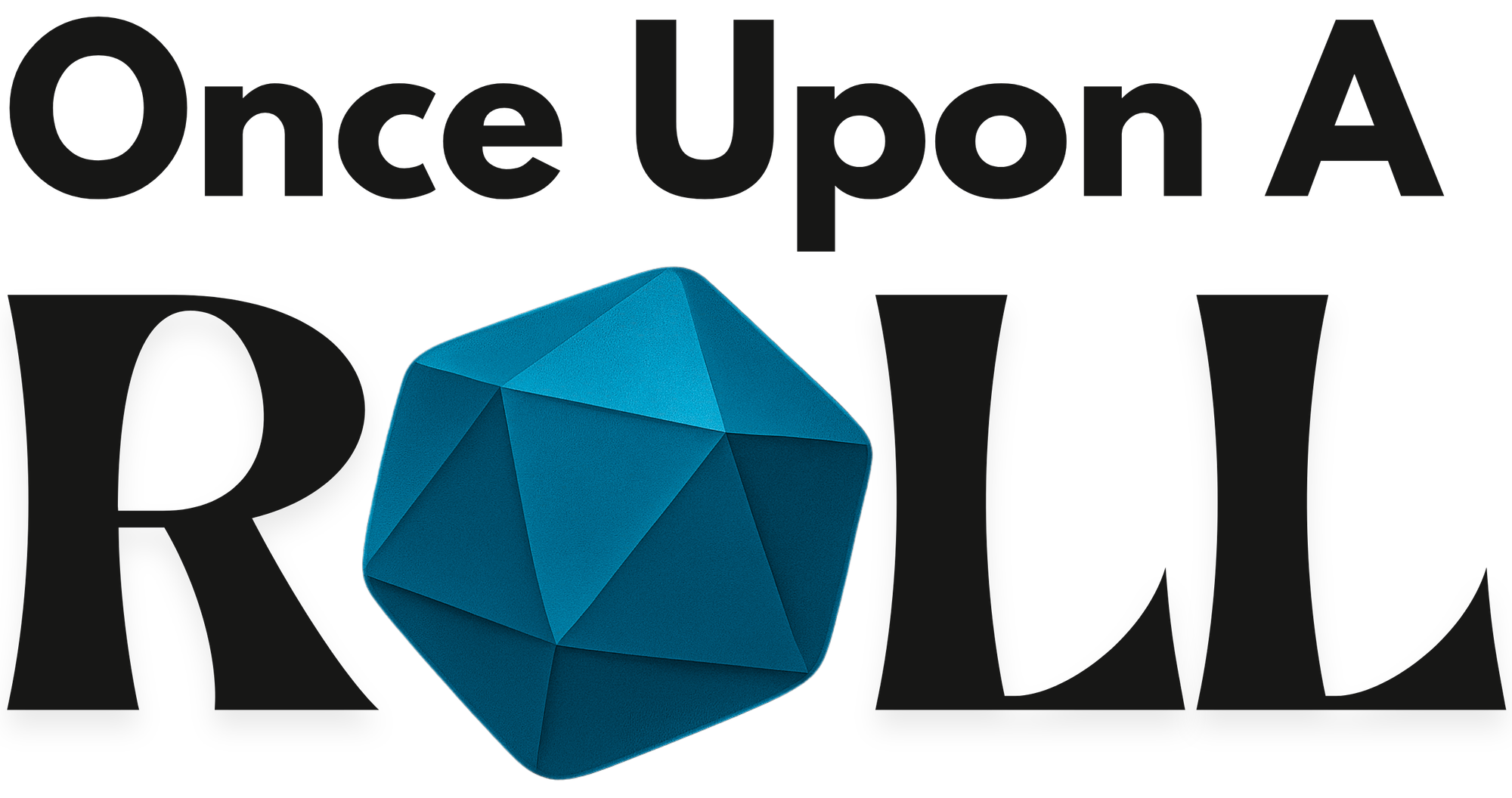The last time team building exercises were updated, your computer was chiming "You've Got Mail", the Macarena was the #1 song, and we were all rewinding our VHS tapes before returning them to Blockbuster.
And yet here we are in 2025, still doing trust falls.
Look, I get it. These activities became "classics" for a reason. Someone, somewhere, at some point thought they were revolutionary. Maybe they even worked (doubtful, but let's be generous).
But here's what we know now that we didn't know then:
- 70% of all information taught in traditional training is lost in 24 hours
- 90% of all information taught is lost within one week
So that "team dynamics" powerpoint your leadership team sat through last quarter? Yeah, they don't remember it. And that trust fall exercise? The only lasting memory is whether Flo from accounts receivable actually caught anyone (and the collective fear for her lower back).
The world has changed. Your team building should too.
We're not in cubicle farms anymore. Half your team might be remote. And nobody—and I mean nobody—wants to do another icebreaker with a beach ball.
So what actually works in 2026?
Here's the thing about human psychology: we haven't changed that much since the 90s. But what we understand about how people learn, connect, and build trust? That's evolved significantly.
- We know now that people retain information through experience, not observation.
- We know that psychological safety isn't built through forced vulnerability exercises—it's built through low-stakes practice in collaborative environments.
- We know that diverse teams perform better when they actually understand how each person thinks and approaches problems.
And we know that if your team is groaning when you announce the next team building activity, you've got to rethink things.
Welcome to games that don't feel like work
This is where Once Upon a Roll comes in. We use board games and tabletop RPGs to create experiences where your team actually wants to participate. (Revolutionary concept, right?)
No forced sharing circles. No trust falls. No having to pretend you're excited about a scavenger hunt through the office park.
Just games that require your team to communicate, strategize, and problem-solve together. While they're having fun.
Here's what happens when you take the "corporate training" pressure off:
That person who never speaks up in meetings? Suddenly they're leading the strategy because the stakes are low and no one's judging their "professional presence."
Your team members who've worked together for three years but only talk about project deadlines? They're laughing at each other's terrible dice rolls and learning that Sarah has a wicked sense of humor.
The communication styles that clash in high-pressure work situations? They start to make sense when you're trying to collectively decide whether to fight the guards or negotiate with them.
The research backs this up:
Don't just take our word for it. Researchers at the University of California found that collaborative tabletop gaming increased trust between players by 31% after just three sessions.
A study in the International Journal of Role-Playing showed that D&D players demonstrated 18% higher emotional intelligence scores compared to control groups—particularly in empathy and social awareness.
And teams that engage in narrative-based role-playing exercises show 26% better communication effectiveness in high-pressure work scenarios, according to research published in Training & Development Journal.
The data's there. We're just making it actually enjoyable.
What makes Once Upon a Roll different:
We've built experiences that disguise real team-building psychology as fun. (Sneaky, right?) While your team thinks they're just playing games, they're actually:
- Practicing active listening and communication in real-time
- Building trust through collaborative problem-solving
- Learning how different personality types approach challenges
- Creating shared memories and inside jokes that actually stick
Plus, nobody has to catch anyone. Flo's back is safe with us.
Your team deserves a strategy from this decade
Look, you could keep doing what everyone else is doing.
Book another rope course.
Order more pizza for another PowerPoint session.
Watch your team check out mentally while checking the box on "professional development."
... Or you could try something that actually works.
Something your team will talk about afterward (in a good way). Something that builds real skills they'll use back at work. Something that respects their intelligence and their time.
We'd love to show you what modern team building looks like.
Ready to roll?
We'd love to design a game for your team.
Reach out at hello@onceuponaroll.com
Laura Khalil Founder, Chief Storyteller Once Upon a Roll

